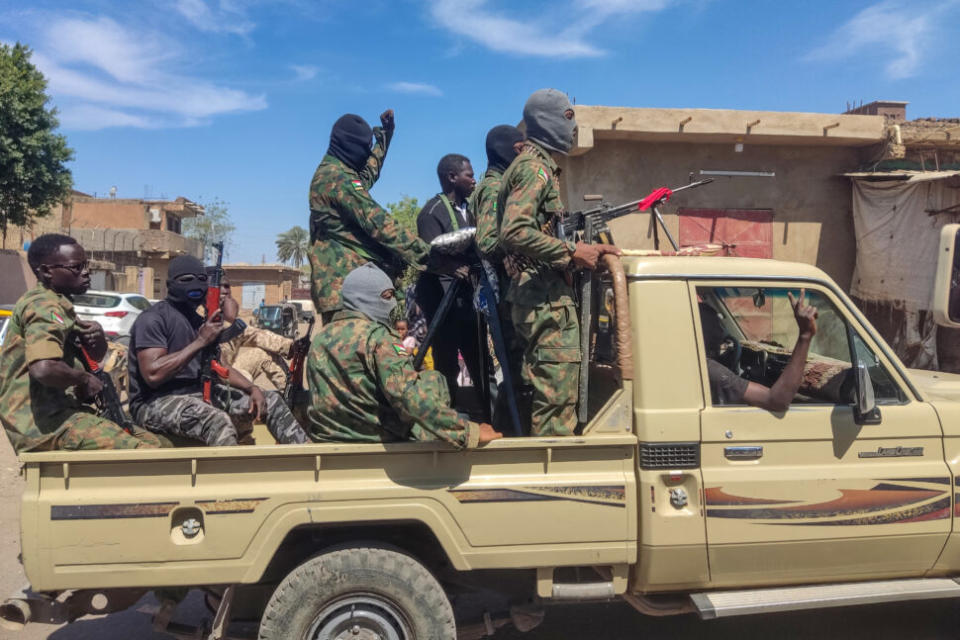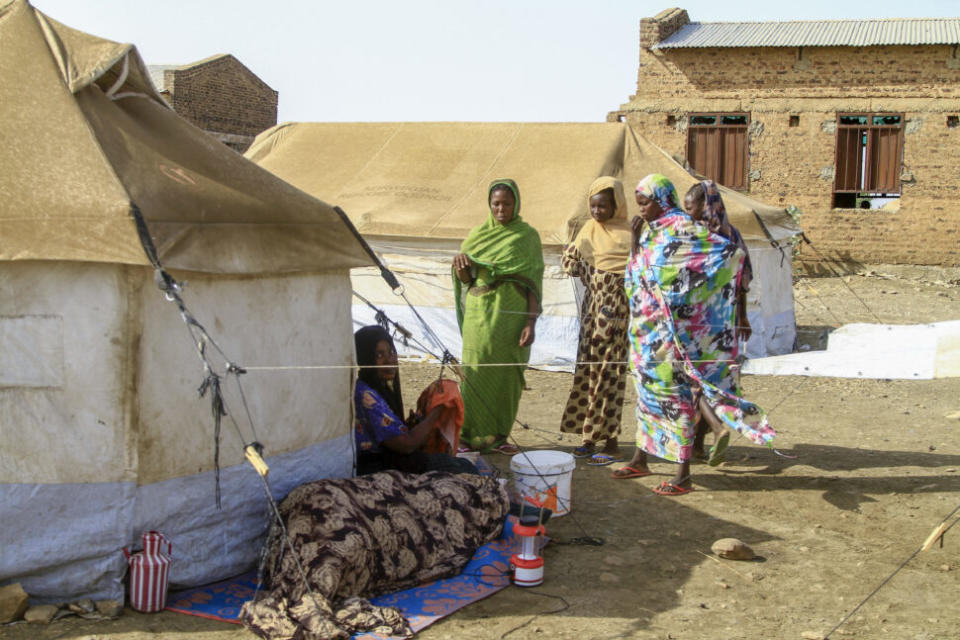Everything You Need to Know About The Sudan Hunger Crisis

Among the many ongoing conflicts, protests, and human rights violations around the globe, a silent famine is happening in Sudan. The United Nations warns they are experiencing one of the worst humanitarian crises in recent history. After nearly an entire year of civil war, thousands of civilians are dead, and a famine is on the horizon. Unfortunately, there remains a lack of international action, and droves of people are experiencing hunger crises and displacement.
How It Started

To explain this current conflict, we have to look back in time. Sudan had already been grappling with violence and displacement since the Darfur crisis in 2003—over 20 years ago. Even then, Sudan was home to more than 1 million refugees — the second-highest refugee population in Africa. Most were from South Sudan and Northern Ethiopia, with many fleeing conflict in Tigray, according to the UN Refugee Agency.
The recent fighting in Sudan is happening when they already were experiencing some of the highest levels of humanitarian need.
The Conflict
In 2019, Sudan’s long-time authoritarian leader Omar al-Bashir was overthrown from presidency in a coup de tat by the two generals who’s armies are now fighting. In the beginning, his ousting inspired optimism for a return to civilian rule in Sudan. But, political and economic turmoil followed, reigniting intercommunal conflicts. The Sudanese Armed Forces (SAF) and the paramilitary Rapid Support Forces (RSF) engage in violent clashes, resulting in the displacement of nearly 8 million people, according to the UN. Killings, sexual violence, looting, and bombing are some of the atrocities civilians face.
On top of the violence, Sudan also is heavily impacted by severe weather events linked to climate change. Floods and droughts are the most common. This weather has lead to crop and livestock destruction and increasing food insecurity for families throughout the country.
The Effects of The Conflict

Many political parties are struggling to come together and agree on a shared plan of action. Therefore, community-led grassroots groups that were supportive of the political change have shifted their focus. Many are now crucial in providing much needed aid.
The conflict in Sudan isn’t just a local issue; it’s affecting neighboring countries too. It is an extremely complex conflict due to various armed groups being involved. This conflict also intersects with wider regional dynamics. For example, Ethiopia’s fears of a proxy war, and South Sudan, which relies heavily on Sudan for its economy.
External players, especially Middle Eastern countries like the United Arab Emirates, are using Sudan’s conflict as a battleground for their own interests. There’s a real risk that the conflict could escalate. Urgent international action is needed to prevent the situation from getting worse and to help the millions of people suffering because of this conflict.
How To Help
Donate to reputable organizations: Support established humanitarian organizations that are providing essential aid such as food, water, medical care, and shelter to those in need. A few reputable organizations include The International Rescue Committee, the Sudan Relief Fund, and CARE.
Advocate for political action: Urge governments and international bodies to prioritize humanitarian assistance, support peace-building efforts, and address underlying issues such as conflict, poverty, and inequality.
Raise awareness: Use your voice and platforms to raise awareness about the famine crisis in Sudan, mobilize support, and educate others about the situation to contribute to relief efforts.

